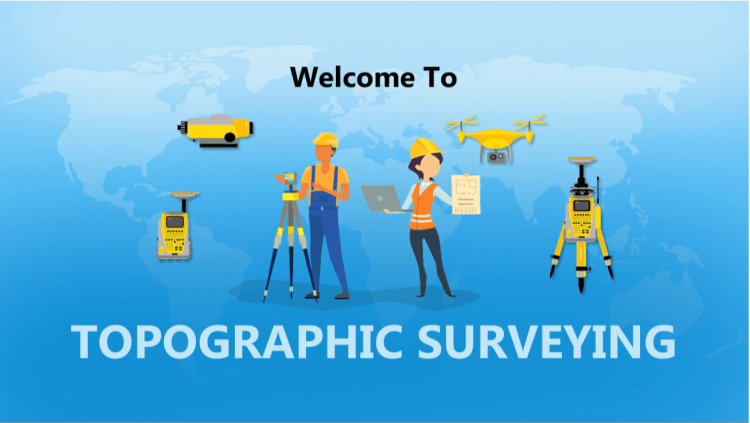Courses Instructed

LE/ESSE 2615 3.00 – Fundamentals of Geomatics Engineering
An introduction and overview of geomatics engineering. The topics discussed in the course provide the fundamentals of all aspects of geomatics engineering as a profession and includes illustrative examples and discussions with practicing geomatics engineers in the field. The course introduces the student to key concepts in geomatics including geodesy, surveying, remote sensing, navigation, mapping and spatial data analytic. The skillsets required of geomatics engineers are investigated. Written and oral technical communication skills are emphasized.

LE/ESSE 2635 3.00 – Land Surveying for Civil Engineers
This course provides fundamental concepts in land surveying where students obtain extensive handson experience in the use of land surveying instruments and in the essentials of survey practice in Civil Engineering domain. Coordinates systems, positioning concepts, measurements of distances, angles and leveling, survey calculations, Global Navigation Satellite Systems (GNSS) measurements, horizontal and vertical control survey networks, sources of error, and corrections and adjustments are introduced. Application exercises include use of geodetic instruments, point positioning, topographic mapping, route surveys, and construction surveying. Concepts of various geomatics positioning techniques such as photogrammetry, Remote Sensing (RS), Laser scanning (e.g. lidar) and global navigation satellite systems (GNSS) as well as the use Geographic Information Systems (GIS) systems are also covered.

LE/ESSE 3600 3.00 – GIS and Spatial Analysis
Fundamentals of geographic information systems (GIS) and spatial analysis. Functional requirements of GIS. Geo-positioning, map projections, coordinate systems and transformations. Data sources. Modelling of real world, spatial and attribute data. Vector and raster data models and structures. Data conversion and integration. Topological relationships and structures. Data processing and spatial analysis. Editing and data quality. Data management and spatial database structures. Visualization of spatial data. Introduction to GIS modelling. The fundamental concepts and techniques of GIS are presented along with detailed discussion of computer implementation. The emphases include database management and map analysis/spatial modelling. PC ArcView with Spatial Analyst extension GIS programs are used for hands-on exercises.

LE/ESSE 1012 3.00 – The Earth Environment
Provides essential topics in Earth environment (Earth and oceanic science, atmospheric science, and geology) and explores the role played by global and local scale processes in shaping our planet. Concepts are described; the latest technology discussed, and links between engineering disciplines are provided. The course lectures are complemented by hands-on laboratory and field experience.
Games Developed

Topographic Surveying
A survey game developed for students. [Link]